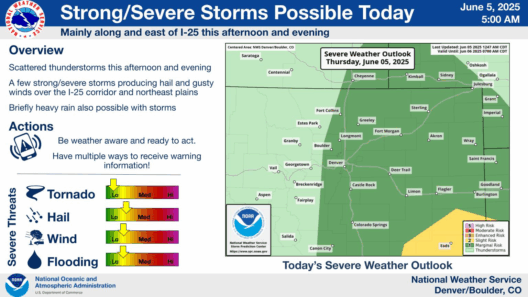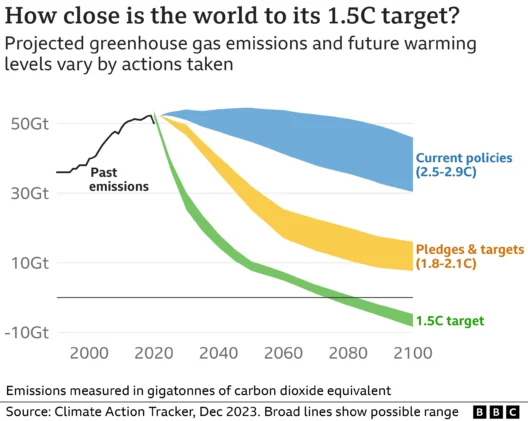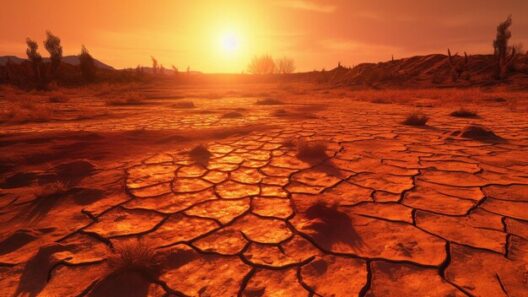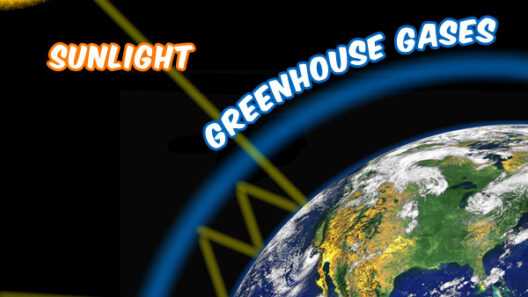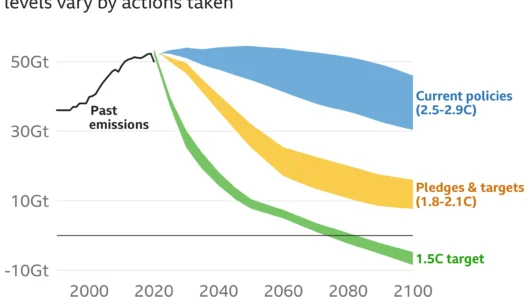In the grand tapestry of existence, every thread plays its part, woven together with the loom of daily choices. Our actions, seemingly trifling in isolation, collectively contribute to a burgeoning crisis that threatens the very fabric of our planet. The climate crisis is not merely an abstract concern; it is an urgent narrative of survival, a gripping tale in which humanity stands accused of compromise against nature. As we navigate this discourse, it becomes imperative to explore how our quotidian behaviors and habits escalate the calamitous effects on the environment, steering us closer to the precipice of disaster.
The analogies abound: our planet is akin to a delicate garden, each choice we make either nourishes or chokes the flora within it. From the moment we rise in the morning, our decisions ripen the fruits of consequence. Consider the simple act of reaching for a plastic toothbrush instead of its biodegradable counterpart. One might dismiss it as insignificant, yet this singular decision propagates an avalanche of detrimental outcomes; millions of plastic toothbrushes discarded each year accumulate relentlessly within landfills, where they persist for centuries, leaching toxins and infiltrating ecosystems.
This metaphor extends to our diet, a multifaceted sphere where choices resonate across various environments. The seduction of processed foods often leads individuals down an unsustainable path, with industrial agriculture relying heavily on fossil fuels, pesticides, and extensive water resources. Such an agricultural paradigm not only depletes the earth’s vitality but also contributes to greenhouse gas emissions. The contrast is stark: consuming locally sourced, organic produce can rejuvenate both our bodies and the landscapes from which they originate. By choosing meals mindfully, every bite can either be a vote for sustainability or a lamentation of ecological despair.
Transportation emerges as another significant actor in this pressing narrative. The personal vehicle, so emblematic of autonomy, paradoxically anchors us in the quagmire of pollution. The carbon footprint of a single car can dwarf the emissions of an entire household if not carefully managed. Moreover, the tendency toward urban sprawl exacerbates reliance on motorized transportation, entangling communities in a relentless cycle of consumption and waste. A shift toward public transit, cycling, or walking can alleviate this burden, conserving precious resources and fostering a renewed connection to our environments.
The digital age, with its conveniences, often obscures the environmental toll of our habits. Streaming services, social media, and digital storage may be seen as ethereal, yet the energy that fuels these virtual realms is anything but insubstantial. Massive data centers consume staggering amounts of electricity, primarily derived from fossil fuels. Each click, each exhilarating notification, contributes to this unseen infrastructure’s ever-growing appetite. Here, a conscious recalibration of our digital consumption becomes paramount. Opting to reduce streaming quality or curbing usage can juxtapose convenience with conscientious stewardship.
Equally significant is the realm of waste. In a society increasingly enamored with disposability, our consumption patterns create an insatiable demand for packaging and single-use items. The symbiotic relationship between waste production and climate change is an urgent call to action; landfills are not merely storage places for our neglected items, but crucibles of methane emissions—a potent greenhouse gas that exacerbates climate change. A conscientious pivot toward reusable items, composting, and diligent recycling can significantly diminish this resonance of waste, turning the tide against the tide of environmental degradation.
As we examine the cumulative impact of these individual actions, it becomes evident that the path to mitigating climate change does not rest solely upon sweeping reforms or technological ingenuity. Rather, it demands a comprehensive understanding of our interconnectedness and the influence of our daily lives. The metaphor of the butterfly effect is fitting here: a tiny flap of a butterfly’s wings can elicit a hurricane elsewhere. Thus, the convergence of small, deliberate choices can catalyze monumental shifts in our ecological destiny.
In communities worldwide, grassroots movements are galvanizing action. These groups serve as beacons of hope, illuminating pathways toward sustainable living. Initiatives focusing on education, reforestation, and renewable energy are instigating profound transformations. Individuals are beckoned to participate in collective efforts—whether through community gardens, local clean-up events, or advocating for policy changes aimed at reducing carbon footprints. Each voice, when harmonized with the collective, resonates with the power to enkindle societal change.
It’s imperative to frame the current climate predicament not merely as a crisis but as an expansive opportunity for renewal. The plight we find ourselves in compels a profound examination of our ethical relationship with the planet. In an age marked by a burgeoning environmental consciousness, the gravitational pull towards sustainable practices becomes a clarion call for action. Transformation is not only possible; it is necessary. If we are to preserve the planetary ecosystem as it is, we must engage in a recommitment to stewardship, recognizing that caring for the earth is synonymous with caring for ourselves and future generations.
The metaphors, stark and poignant, illuminate the urgency of this moment. We find ourselves poised at a crossroads, where conversations about climate change can either descend into despair or ascend into profound inspiration. Each decision matters. Whether it is as minuscule as opting for a reusable bag or as grand as advocating for governmental change, individuals have the power to shape the collective future. The canvas of our environment awaits, yearning for strokes of diligence, care, and accountability intertwined with a vision for a thriving and sustainable world.



